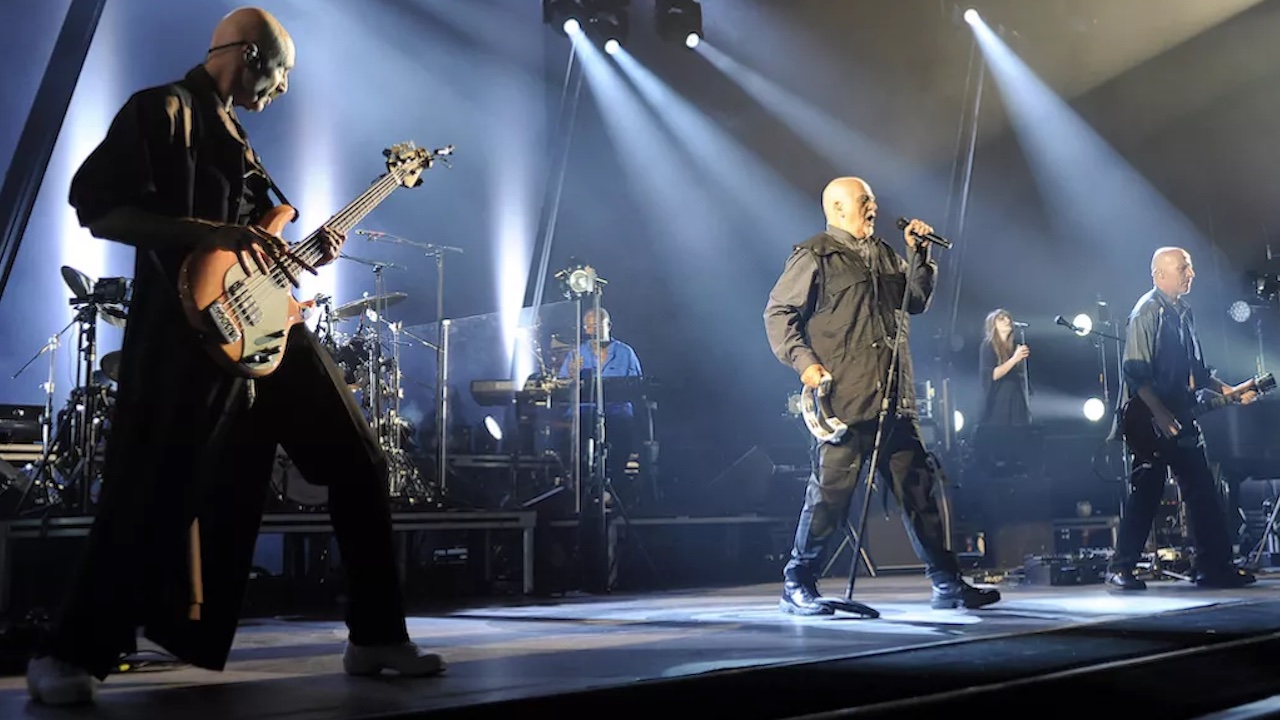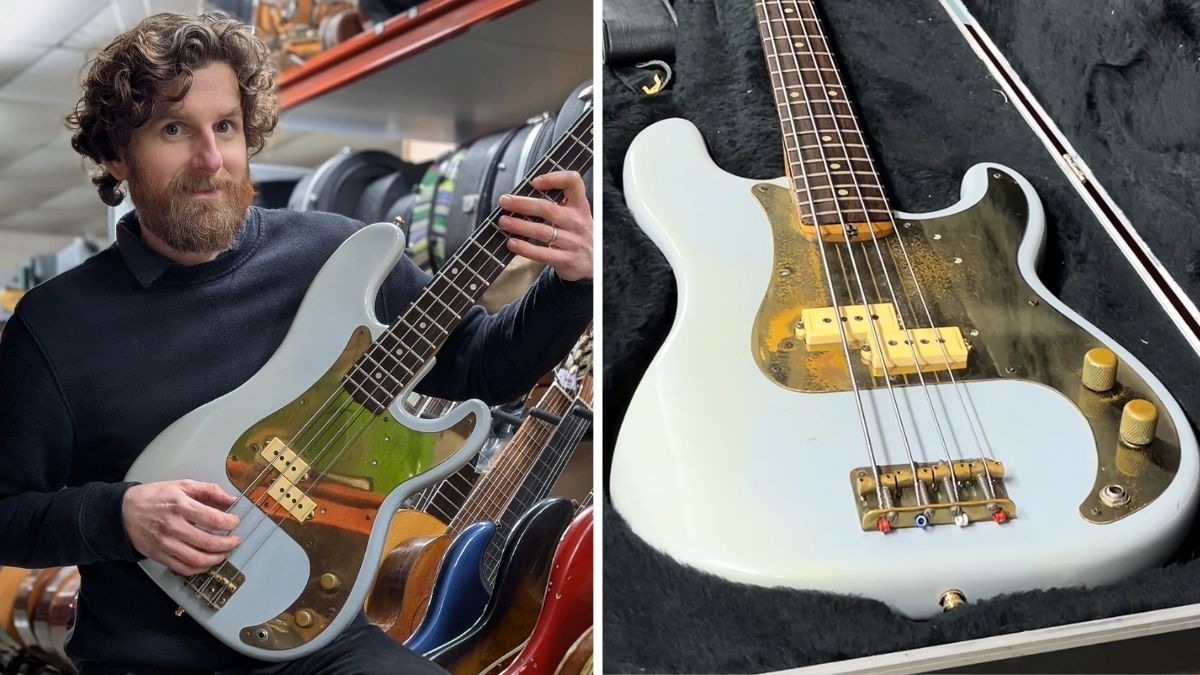Tony Levin: “D’Angelo’s Voodoo made me want to go back to school as a bassist”
The King Crimson bassist names four albums that shaped his sound

All the latest guitar news, interviews, lessons, reviews, deals and more, direct to your inbox!
You are now subscribed
Your newsletter sign-up was successful
The legendary Tony Levin is truly a bass player for all seasons. Who else straps wooden sticks to their fingers when they play? Having spent many years supplying basslines of impeccable quality in Peter Gabriel’s band as well as holding down tours with perhaps the most innovative of all the old-school prog acts, King Crimson, Levin’s credentials speak for themselves.
In between all this bass magnificence Levin also plays the Chapman Stick, the most intimidating musical instrument ever devised, in a variety of ensembles including the self-explanatory Stick Men. “I don’t really think about the crossover between the two instruments,” he says. “Some songs just seem right for the stick, and others for the bass guitar.”
Asked to recommend 4 albums with killer bass playing, Levin gets listing…
1. Oscar Pettiford – Oscar Pettiford (1954)
"Oscar Pettiford’s Tricotism is an album I grew up with. I’m not really sure the name is right – it’s really a series of albums with the same players, Julius Watkins on French horn, and Charlie Rouse on sax. It has great, tasty playing, especially by Pettiford – he always hits the right notes, and they’re always placed perfectly for maximum groove."
2. D'Angelo – Voodoo (2000)
"D’Angelo’s Voodoo made me want to go back to school, figuratively, as a bassist. It was a new kind of groove (to me) that broke all the rules I grew up with, but was amazingly cool. I raved to my fellow players about it, and tried to introduce that kind of playing to some of my music – I couldn’t do it… so it’s still on my list of ‘got to learn this, dude.’"
3. Sleepytime Gorilla Museum – In Glorious Times (2007)
"Then there’s Sleepytime Gorilla Museum’s In Glorious Times. I love this style of music – it has great power, great musicianship and great bass playing by Dan Rathbun, sometimes on instruments he built himself. One thing you gotta love about music: this band may have been influenced a bit by King Crimson, but then I, a member of King Crimson, was very much influenced by them! With Stick Men, I insisted we do a piece of theirs for our first year on the road, though it was tough and not a great rendition, just to get us thinking in that vein."
4. Joni Mitchell – Hejira (1976)
"Finally, there’s Joni Mitchell’s Hejira. Jaco’s playing before that had impressed me, but it didn’t move me, maybe because it was so far from the styles I played. But the bass playing on this album is sublime: to me it is the apotheosis of fretless playing behind a singer. It is beautifully melodic on its own, but never interfering with the great vocals, unique harmonically, with a style of its own, and impeccably in tune… I put the fretless bass away for 10 years!”
Tony Levin will soon be joining Peter Gabriel's long-awaited i/o – The Tour. Tickets for the 2023 run across Europe and North America are available from Peter Gabriel's official site.
All the latest guitar news, interviews, lessons, reviews, deals and more, direct to your inbox!

Joel McIver was the Editor of Bass Player magazine from 2018 to 2022, having spent six years before that editing Bass Guitar magazine. A journalist with 25 years' experience in the music field, he's also the author of 35 books, a couple of bestsellers among them. He regularly appears on podcasts, radio and TV.




